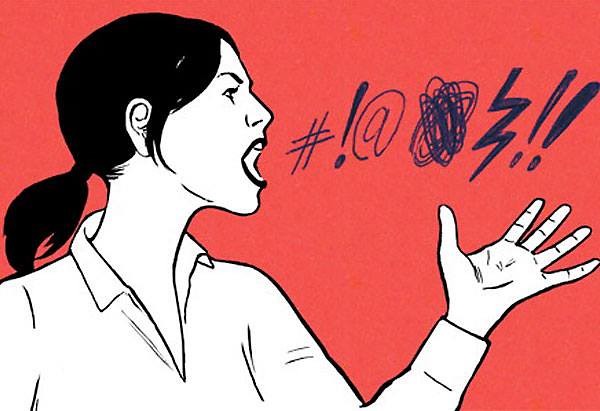curses and consequences

It used to be that the now-taboo Germanic terms for body parts and functions were considered *vulgar* —– a sign of low class —– whereas terms that toss references to divine beings and our eternal fate were considered *profane* —– a sign of moral peril.
Somehow that got switched along the way, and in the 80s teens would reassure their parents that the movie they wanted to watch may have "a few damns and hells" but nothing *really* bad.
Shakespeare and Marlowe would have been confounded —– prime time TV wouldn't allow "shit" or "fuck" but does allow "damn" and even, recently, "god-damn"?!?!? It would be hard for earlier minds to comprehend.
Much of this comes down to (manmade) rules versus laws (of nature). Certainly language can act organically, like a force of (human social) nature, but there are also "authorities" who correct and admonish and, in some contexts like school, sanction.
Maybe you could say this: what happens when you break a given rule, not in language but in life in general? If it's a consequence —– like putting your eye out —– you're dealing with a natural law; if it's a sanction —– like a bad grade —– you're dealing with a human rule.
Of course, we try to make them match up, so that speeding in different places like highways or neighborhood streets will carry different sanctions, like tickets, that reflect the direness of the natural consequences, like crashing. (Ideally!)
With language, we could then say that getting something wrong could result in a sanction (a bad grade, getting scolded by a grammar nerd), or a consequence (not getting hired or promoted, finding that fewer and fewer people respect you). In that way, language behaves like both nature and society; that's because it is both.
Comments